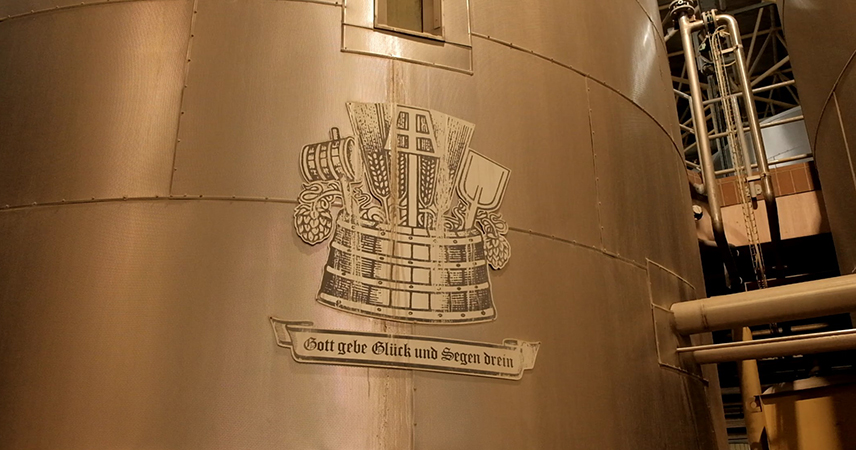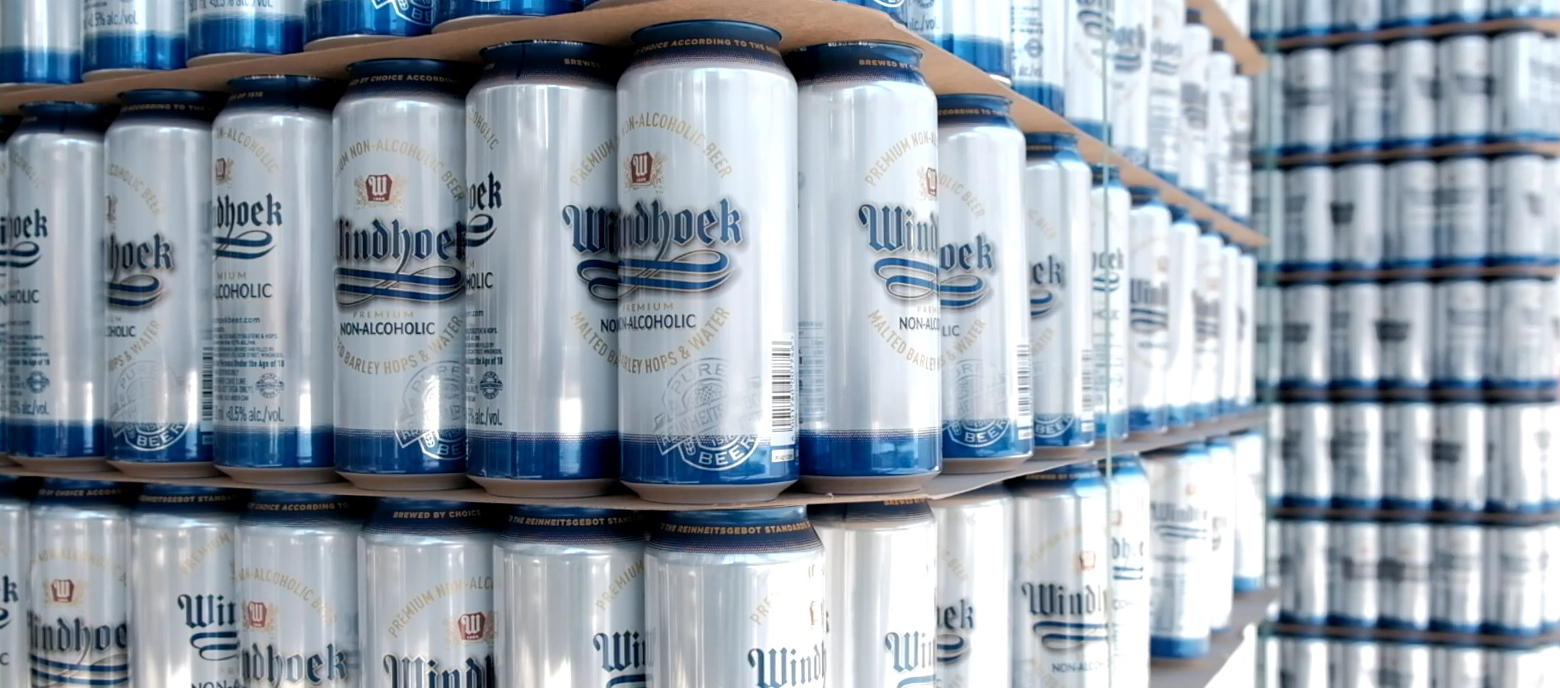Feature
The brewery using bush biomass
Namibia’s largest brewery, Namibian Breweries, is a company with a long tradition that has been brewing beer in line with Germany’s beer purity law in south-western Africa for a hundred years. With a market share of around 90 per cent, it is the market leader in Namibia and one of the largest employers in the capital Windhoek. Yet the brewery focuses not only on tradition but also on innovation, for example in energy production.

Water for the brewing process used to be heated using fossil fuels such as heavy oil and gas. However, given that the impacts of climate change are already being felt in Namibia, the company wanted to find a new, sustainable energy source. And they found one quite literally on their doorstep: bush. Bush is spreading extensively in the wide, sparsely populated landscape, encroaching on pastures and putting pressure on the already scarce water resources – and this is an upward trend.
However, this situation is now no longer just seen as a problem, but also as an opportunity for a new value chain. On behalf of the Federal Ministry for Economic Cooperation and Development (BMZ), GIZ is supporting research and training in this area: the brewery is using wood chips from biomass to generate energy, and farmers are turning the harvested bush into animal feed.
In 2016, the company replaced its boiler with a biomass boiler, an investment that soon paid off. Not only have they managed to reduce emissions by around 40 per cent; operating costs have also been halved by using this renewable, local resource. At the same time, the brewery is supporting the local economy and creating new jobs, thus benefiting people and the environment.
July 2021
